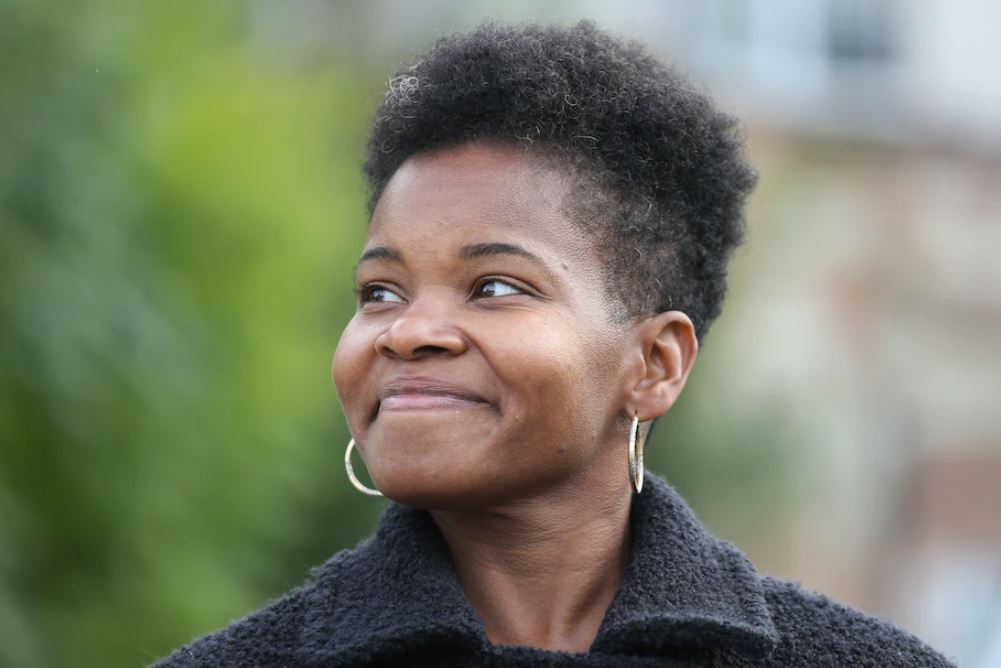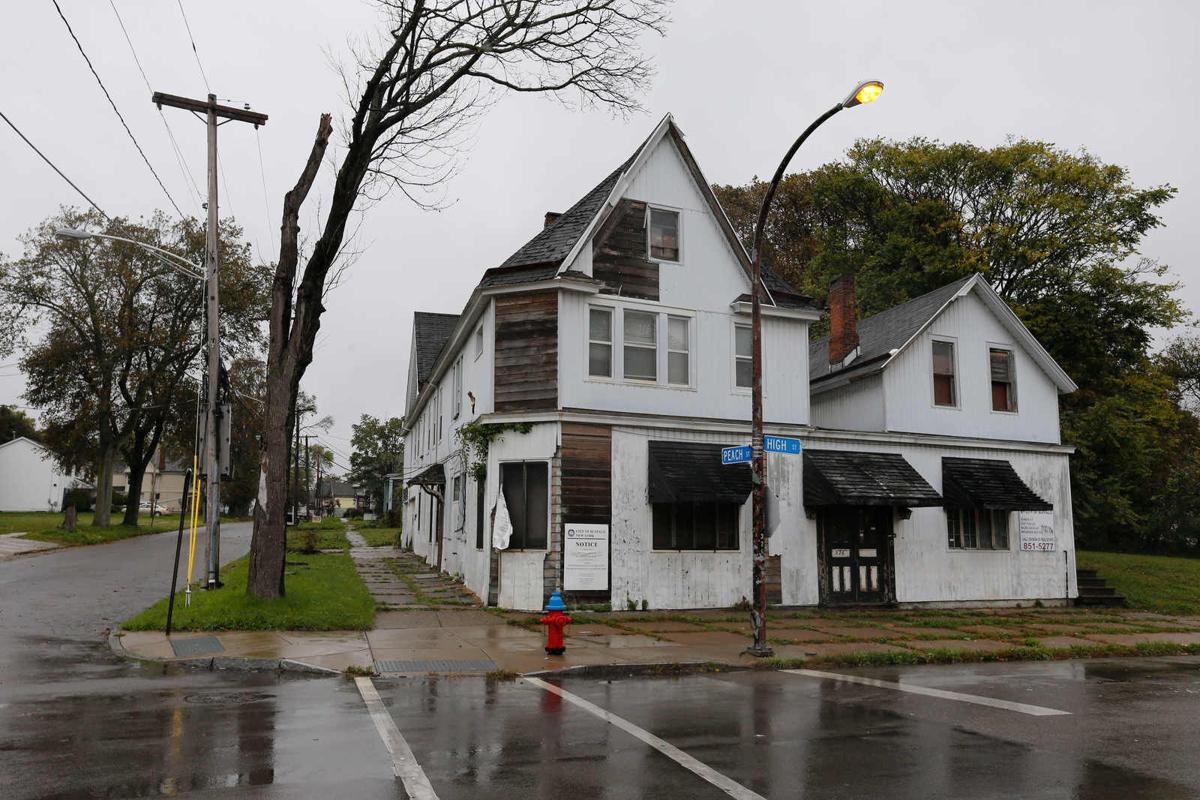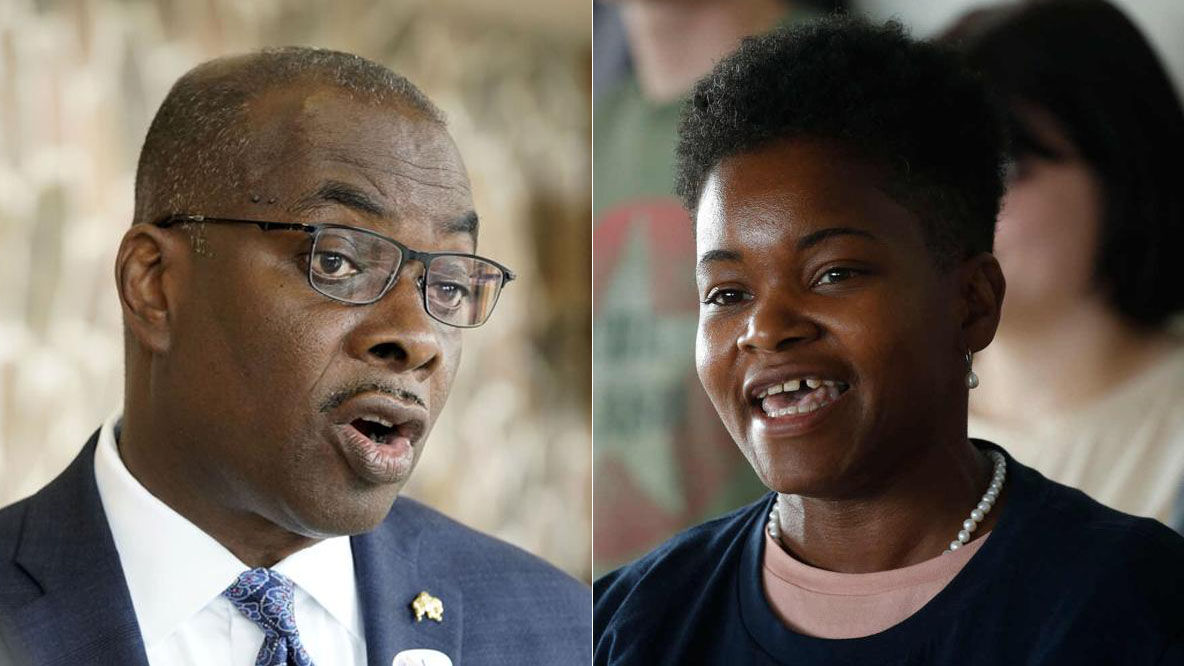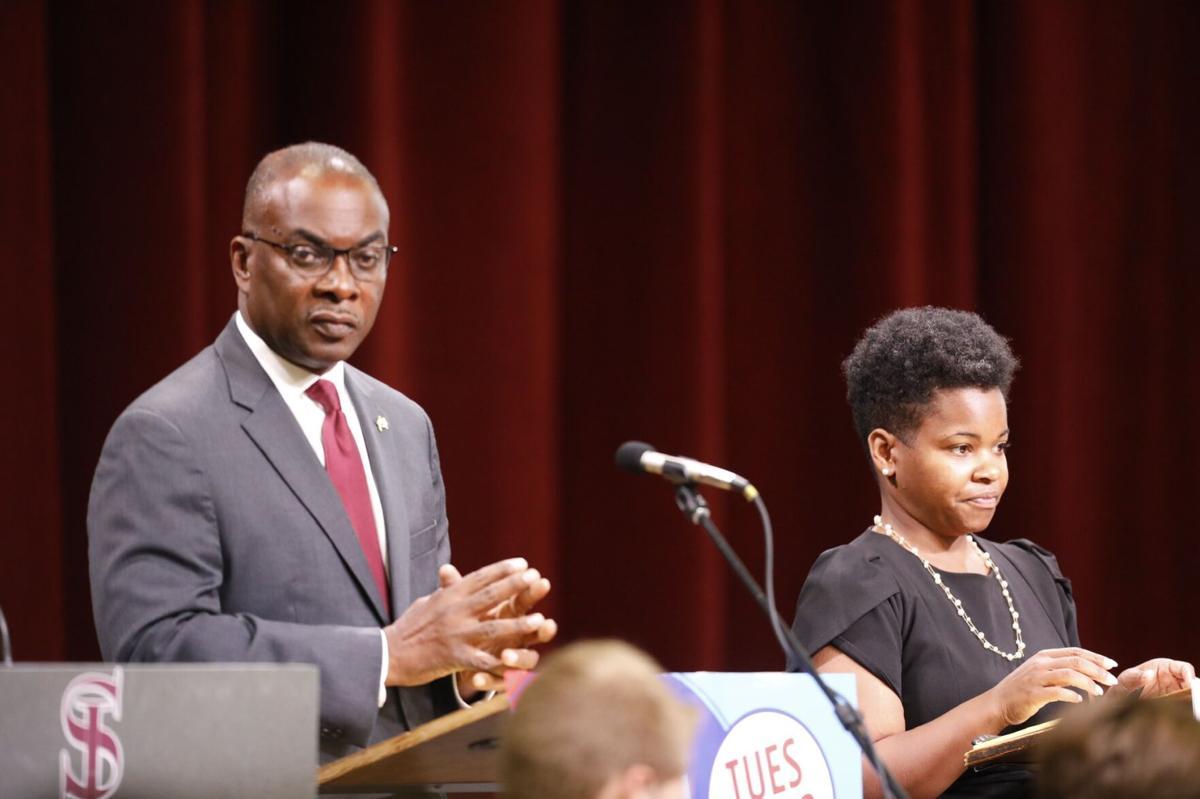By Caitlin Dewey
Read the full article from Buffalo News, here.
Few would argue that poverty isn’t a colossal problem in Buffalo – a problem so entrenched and ubiquitous, in fact, that it’s almost taken as a given. When Walton’s opponent, incumbent Mayor Byron Brown, entered office in 2006, the citywide poverty rate sat at 29.9%. It has not changed appreciably since then.
But Walton and Brown differ sharply in their beliefs about the policies best suited to address it. Brown, who rarely uses the word “poverty” in interviews or public appearances, has bet that economic development and partnerships with nonprofit organizations will improve neighborhood conditions and generate new and better jobs for low-income residents.
Walton, a self-described democratic socialist who has made poverty the key theme of her campaign, advocates for what some progressives call “regenerative” economics – collective ownership, such as co-operative businesses and community land trusts, that she says will more equitably spread wealth and power.









